They say that silence is golden, and when it comes to creating a peaceful and relaxing home, the last thing you want is irritating noise from traffic, aircraft or neighbours. So how do you go about minimising the impact of unwanted external noise when you’re designing a new home or extension?
Well, there are a number of measures you can take when it comes to soundproofing, but choosing the right windows and doors for your project is absolutely paramount.
In this blog post, we outline the key things to consider when looking for maximum acoustic performance from premium sliding doors.
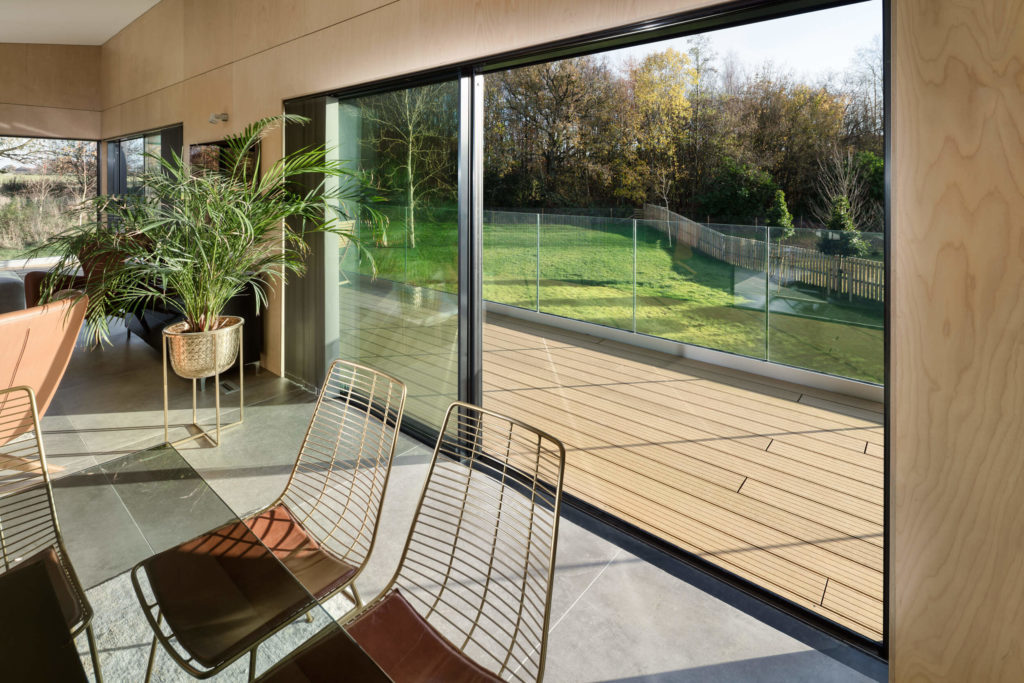
The best way to reduce unwanted sound from entering your home is to ensure the building is adequately insulated. Wherever air can enter, sound can, too. So it makes sense to invest in well-insulated and well-sealed doors and windows that will reduce external noise as well as being energy efficient.
High specification, double-glazed units not only bring excellent insulation properties that will help reduce your energy bills, they also provide impressive noise reduction qualities. Look for products that offer a glazed unit with substantial front to back depth, because the thicker the unit and the bigger the gap in between the two panes of glass, the better the acoustic performance. Ultraline’s slimline sliding door system has an overall unit thickness of 36mm, whereas many other options on the market only offer 28mm as standard.
Decibel ratings (more on these below) are also a useful guide when comparing glazing products. Minima’s insulated sliding doors have a decibel rating (dB) of 33 to 42 and a U-value (energy efficiency) of 1.2. Both these figures place us in a competitive position in terms of acoustic performance and energy efficiency.
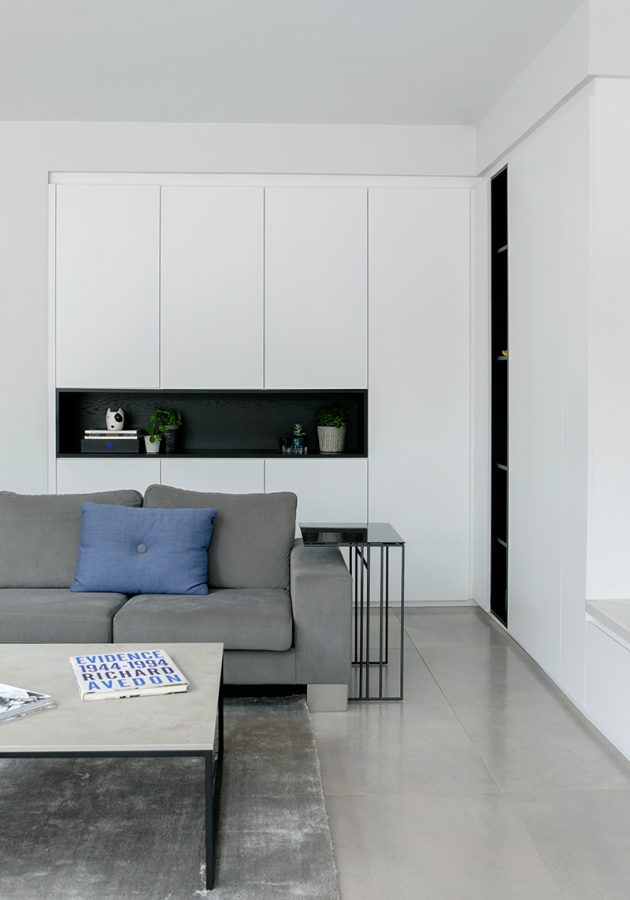
Decibel ratings are the industry-standard way of measuring acoustic performance. The higher the decibel rating, the better the soundproofing capabilities. Decibel ratings can be a really valuable way to compare two glazing products that may appear similar in other ways.
Ultraline’s slimline sliding doors offer a 33 to 42 decibel rating which means that if a sound level is measured at a decibel rating of 100, our glazing reduces the sound by 33 to 42 decibels.
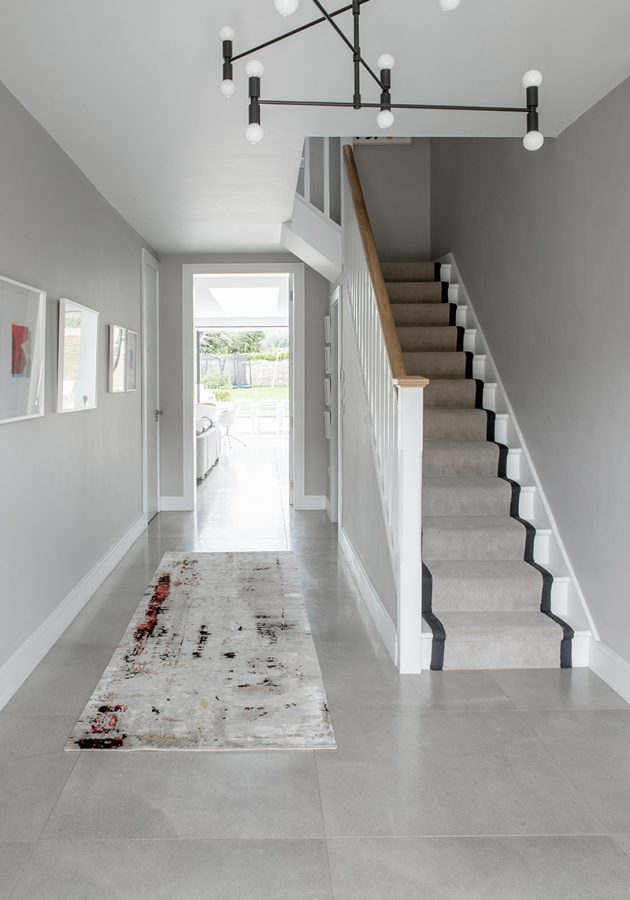
In addition to decibel ratings and the thickness of the glazed unit, as discussed above, it’s also important to think about the thickness of the actual panes of glass used in the manufacture of your sliding door system. It is worth bearing in mind that laminated glass panels effectively reduce sound transmission too.
At Minima Sliding, our panes of glass vary from 6mm to 10mm in thickness, depending on the dimensions of the panel. Our larger panels – which can be made up to around 4.2 metres wide – have the thickest glass. Considering the fact that thicker glass gives a better acoustic performance, it may be worth opting for larger panel sizes if soundproofing is a particularly important issue for you. Just have a chat with our sales team and we’ll be very happy to discuss your individual requirements.
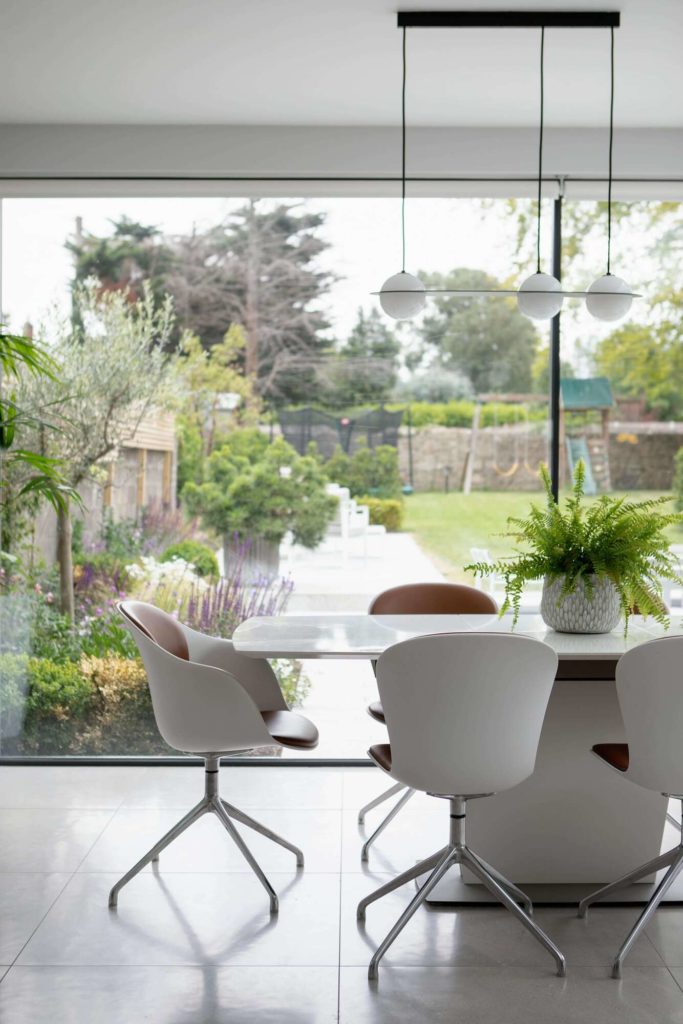
Acoustically-efficient doors are only ever as good as the wall into which they are fitted. If the seal around the doors or windows is weak, or if the wall itself is compromised, then sound will still pass into your home.
It’s also important to inspect the seals when exploring sliding door options. Ultraline’s award-winning sliding doors have inner and outer brush seals which help improve acoustic performance. Our doors also have double-glazed, argon-filled units featuring low-emissivity glass and warm edge spacer bars which provide extra insulation.
Another way to improve soundproofing is to fit blinds or curtains which can help with privacy issues as well as acoustic performance. Many suppliers now offer bespoke options which can be concealed at ceiling level, meaning that the blinds are invisible when not in use.
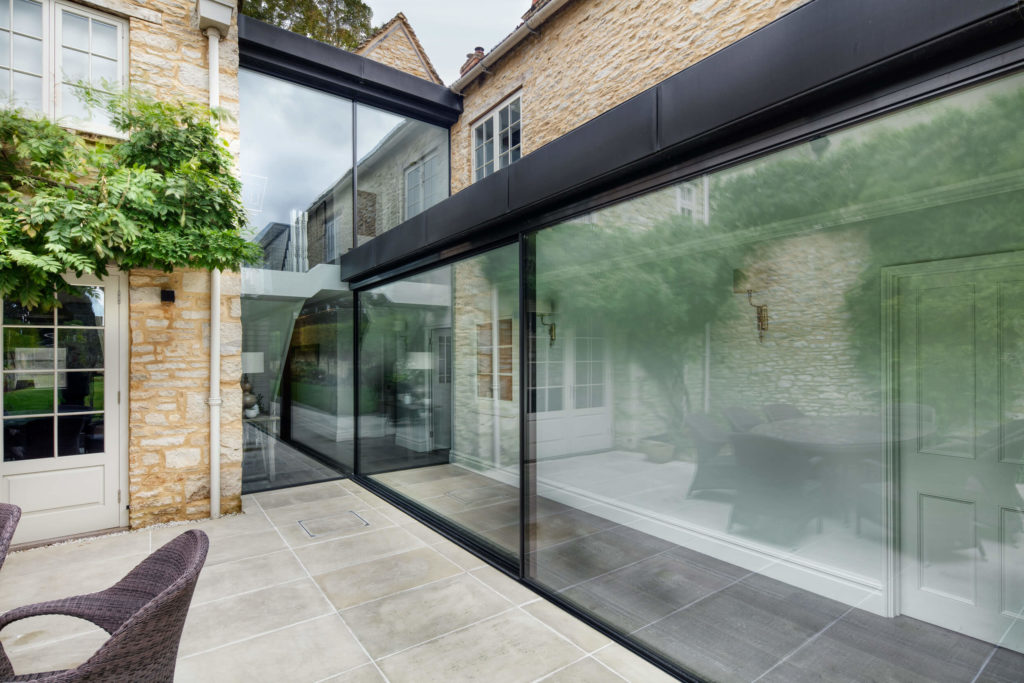
Are you concerned about adequate soundproofing for your project? Give us a call and we’ll be happy to discuss your requirements and explain how Ultraline’s award-winning sliding doors might offer the right solution.